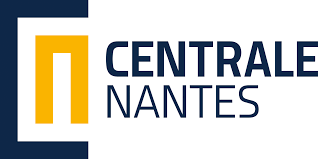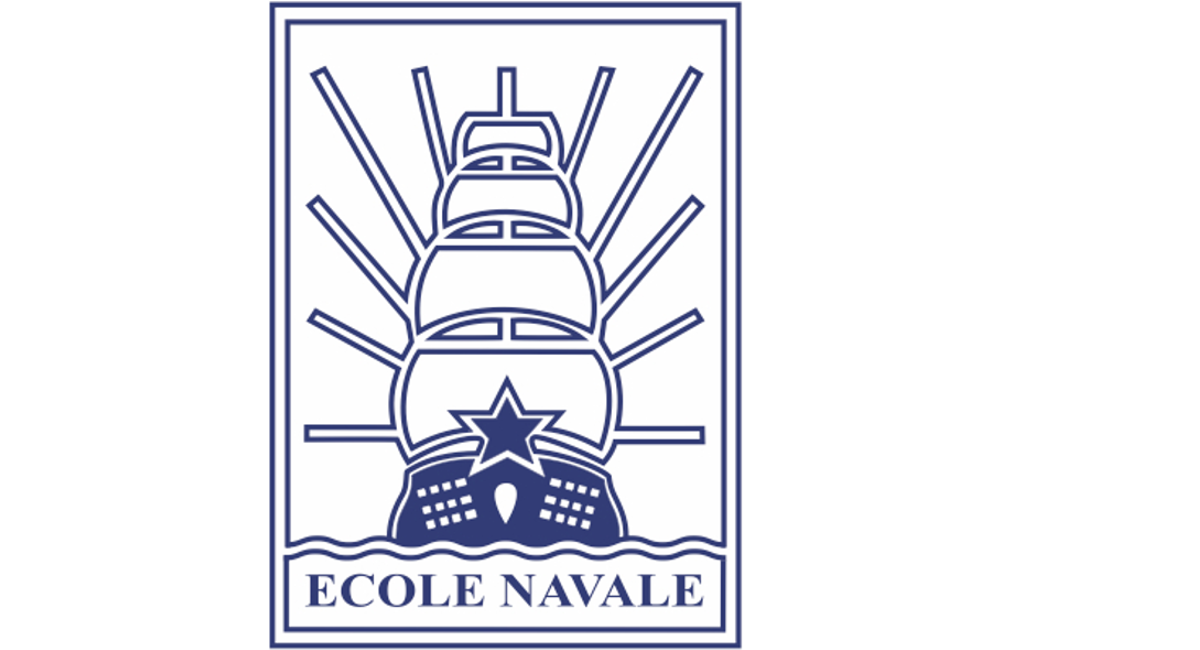
General framework of the training offer
Member of the Ecoles Centrales Group, Centrale Nantes is an engineering school that deploys academic and applied research of the highest European standards. Marine technology, mechanical engineering, civil engineering, automatic control and robotics, city and urban environment, industrial engineering – Centrale Nantes proposes 6 masters (17 specialisms) and 3 Erasmus Mundus masters, a guarantee of academic excellence.
The Naval School trains career officers of the Navy. Naval officers are assigned to command and control in operational units (combat ships, submarines, naval aviation fleets, naval commandos). Since its foundation in 1830, the Naval School has provided initial training for all officers of the Navy. Every year, for nearly 80 years, she delivers an engineering degree.
Training content
OBJECTIVES
Through this programme students will develop skills in naval engineering to become engineers experienced in ship operations.
Two of the top French Technical Universities (Ecole Navale in Lanvéoc-Poulmic and Centrale Nantes) have teamed up to offer you a unique programme. The outstanding strength of this Master is that you will have on-board training sessions on French Navy vessels. The insight gained into on-board practices, use of complex equipment and immersion into rapidly evolving knowledge and techniques is highly valuable for a naval engineer, and of course, highly regarded by industrial employers.
The programme of study lasts two academic years – denoted by M1 and M2. Courses are taught in English across the entire programme.
This Master’s programme is accredited by the French Ministry of Higher Education.
Faculty and Research Facilities
This Master relies on the faculties of Centrale Nantes and the Ecole Navale and the research facilities of the GeM Institute, the LHEEA Laboratory.
Partnerships
Our industrial partners are leading international companies involved in ship building, ship design, marine engine industry or ship operation such as Naval Group, Bureau Véritas, Hydrocean, CGG, Man Diesel, STX and Pôle Mer Bretagne – Bretagne Atlantique
Professional skills
SKILLS
- Model and understand the concepts of naval hydrodynamics
- Master the energetic and propulsion systems on ships
- Integrate the human and technical constraints of operational maritime implementation
In addition to the above specialism-specific skills, students will also develop more general skills:
- Identify models, perform simulation and analyse results
- Communicate comprehensive results in a meaningful way
- Undertake bibliographic surveys of international research and professional literature
- Manage or be part of a project
Career Prospects
Sectors: Marine, Energy
Fields: Marine Transportation, Marine Equipment, Wind and Marine Energy, Research and Innovation
Job Positions: Mechanical Engineer, Process Engineer, Design Engineer, Marine Systems Management, Research and Innovation Engineer (post PhD)



